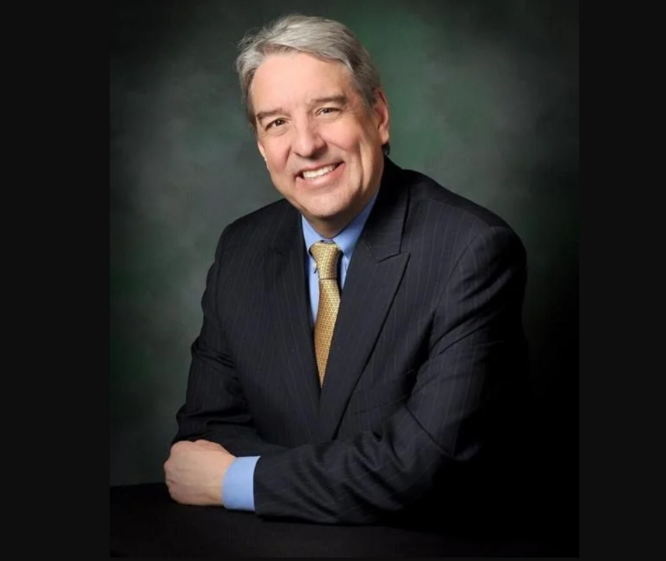A Missouri congressman criticized municipalities that relied heavily on traffic penalties in a speech to the legislature a few years ago. These cities used “abusive practices that treat people as ATMs” and “a practice of taxation by citation.” His argument was that traffic penalties paid by unknowing drivers subsidized a substantial part of such municipalities’ budgets.
Travel websites call these “speed traps.” “Addicted to Fines,” a 2019 Governing Magazine story, showed how certain towns depend on penalties, particularly traffic offenses. 123 jurisdictions around the country collect more than $500 a year for every adult resident, suggesting out-of-towners pay the most.
These municipalities can police traffic regulations on their roads, but that’s not the whole story. Drivers may not see these signs due to their poor placement.

Unless one is familiar with the region, the space between lowered speed restriction signs may be too small to drop down to the appropriate speed. Unfortunately, traffic enforcement in these towns seems to prioritize local money over highway safety.
“The Daily Show with Trevor Noah” featured three of such towns in late 2021
Noah joked that Mountain View (53%), Morrison (52%), and Nunn (40%) had large traffic fine budgets. Though the segment was entertaining, individuals receiving penalties and points on their licenses, which hurt their wallet today and in the future with increased insurance rates, surely weren’t.
These towns find ingenious ways to have others pay for fundamental services. These driving fees fund many things other than roadway safety. These fees often sustain the town.
This budget approach raises public policy concerns. Law enforcement is monetized by traffic penalties, and in economic downturns, officers may feel compelled to write more citations to make up for income deficits in other areas.
Traffic enforcement should prioritize public safety over fiscal balance. Fines and penalties teach drivers to follow speed restrictions. Speed restrictions are seen as a revenue-generating gimmick, which weakens public trust and endangers highway safety.
Due to these issues, Missouri, Georgia, Maryland, and Texas capped a community’s general operating revenue from minor traffic citations. Missouri limited traffic violation income to 20% of general operational revenues. Above that level, the state receives cash for highway safety.
Legislators in 2024 should explore passing a legislation like Missouri’s to curb towns’ overreliance on penalties. Doing so will lessen pressure on local police to enforce speed limits aggressively to fulfill budget demands. Travelers will trust such towns more when they know speed limits are for safety, not cash.





